The collaborative or sharing economy is an emerging phenomenon that is shaping the cultural, economic and social landscape of the modern world. Applications of the sharing economy concept have found their way into various areas. For example, in finance, the collaborative economy means person-to-person banking and crowd-driven investment models that decentralise finance, with examples including peer-to-peer funding platforms like kickstarter.com and IndieGoGo. With variations of the concept of the sharing economy emerging in so many fields, the area of shared mobility – the shared use of a motor vehicle, bicycle, or other mode that enables travellers to gain short-term access to transportation modes on an on-demand basis – has developed as the forerunner of the transformation to be expected in other areas. Car sharing emerged in the 1950s when membership was primarily motivated by economics and it has since continued its worldwide growth. With car sharing, individuals gain the benefits of using private cars without the costs and responsibilities of car ownership. Thus, instead of owning one or more vehicles, a household accesses a fleet of vehicles on demand basis.
Zimbabwe, a major problem that has emerged in major cities is traffic congestion. Piggy notes that there has been a significant growth in the number of motor vehicles in Zimbabwe over the past years. The numbers have been boosted by an increase in the importation of second-hand vehicles, mainly from Japan, South Africa and UK. The increase in the number of vehicles has not only increased carbon emissions but has increased the demand for fuel (petrol and diesel). Another important factor is that many households in Zimbabwe are allocating a significantly large proportion of their income towards motor vehicle expenses (insurance, parking, fuel, maintenance and licensing expenses). There is need to explore different solutions earmarked at reducing congestion, carbon emissions and fuel imports. Carsharing models enable individuals to share trips to reduce costs and optimize collective travelling. Some cities in emerging markets such as Brazil are already making use of car sharing to curb congestion and air pollution. In North America, most cities have a transportation plan that focuses on sustainability and using environmentally friendly modes to reduce emissions.
Zip Cars in North America & Congestion on Zimbabwean Roads

Source: Mark & Associates Consulting Group
Carsharing is indeed part of a larger trend of shared mobility. Zipcar, for example, is one of the world’s leading car-sharing network. It is a subsidiary of Avis Budget Group with over a million people across 500+ cities and towns globally having access to over 12,000 Zipcars. Zipcar provides automobile reservations to its members, billable by the minute, hour or day; members may have to pay a monthly or annual membership fee in addition to car reservations charges. The main factors driving the growth of carsharing are the rising levels of congestion faced by city dwellers; shifting generational mindsets about car ownership; the increasing costs of personal vehicle ownership; and a convergence of business models. Generally, carsharing contributes to sustainable transport because it is a less car intensive means of urban transport. According to The Economist, carsharing can reduce car ownership at an estimated rate of one rental car replacing 15 owned vehicles. Overall, car-sharing presents a potential of sustainable urban mobility. However, city authorities in Zimbabwe need to be ready to support the sharing culture so that this alternative to car ownership is successful.
Another case of sharing economy that shapes the personal mobility space is ride sharing (or ride hailing – vehicle owners allowing other passengers to ride in the same vehicle to and from the same or similar destinations), with Uber being the most prominent example of a platform enabling peer-to-peer transactions. In Zimbabwe, EcoCash Holdings runs the Vaya ride-hailing service. Piggy maintains a strong view that Vaya has the potential to generate value when macroeconomic fundamentals in Zimbabwe improves. That said, new technologies and innovation remain the group’s major investment thesis and investors should be taking long term positions in the stock. Piggy rates EcoCash Holdings Long Term BUY. Get more tidbits on the stock market by joining a PiggyBankAdvisor WhatsApp Group (+263 78 358 4745).




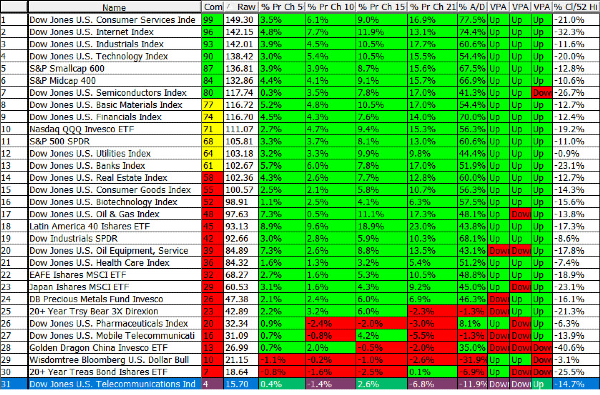

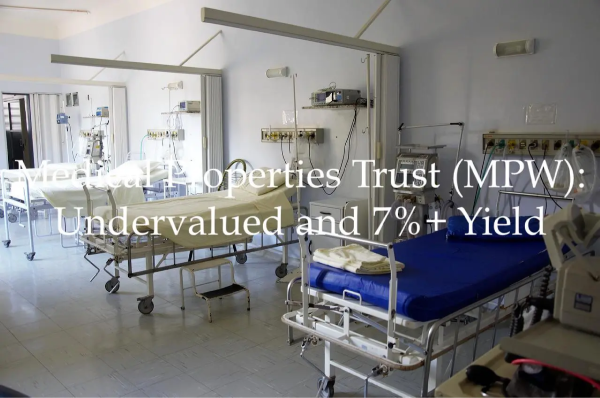
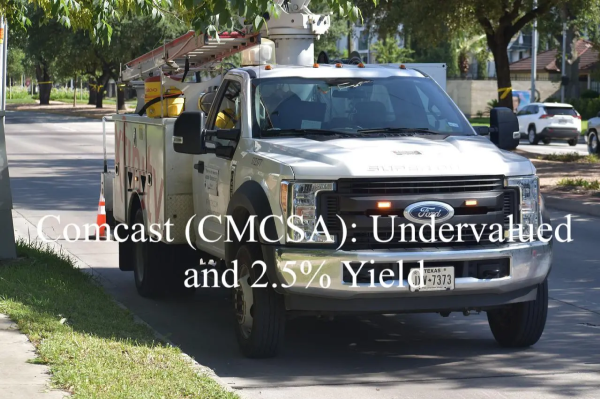

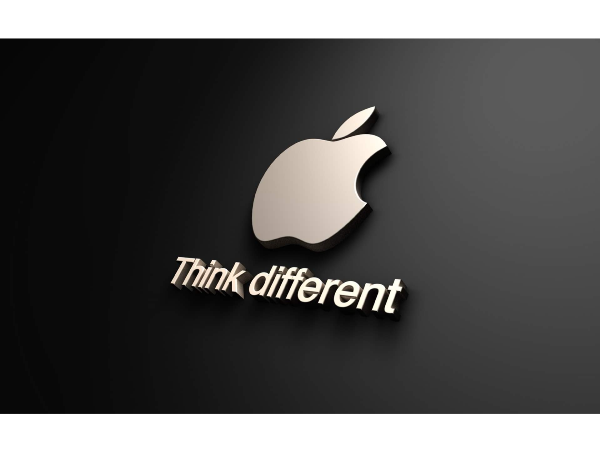
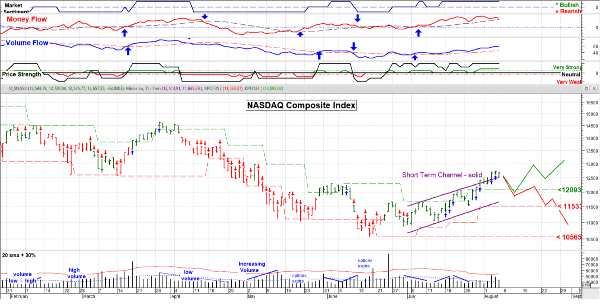
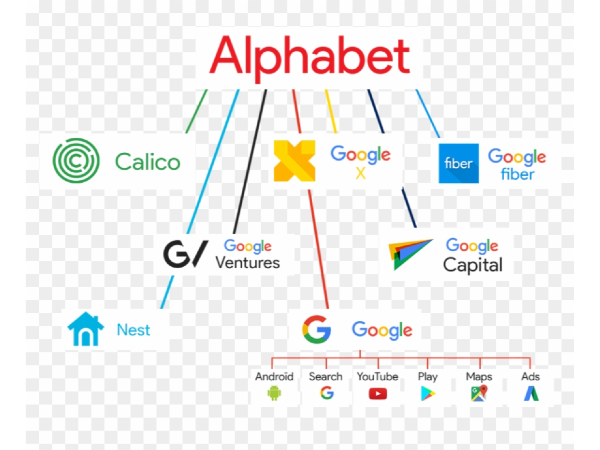


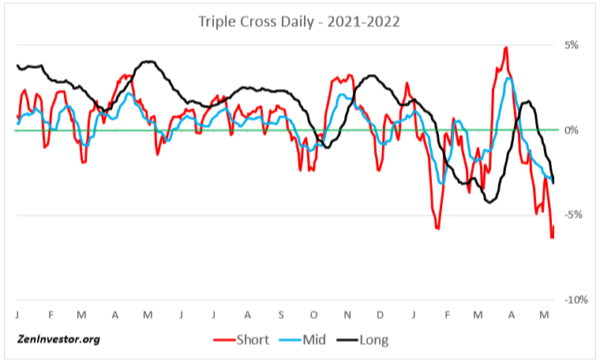
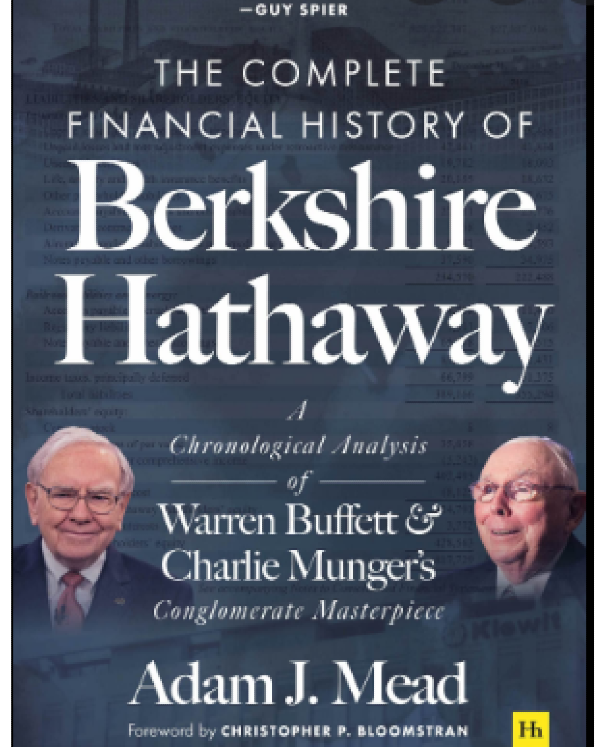

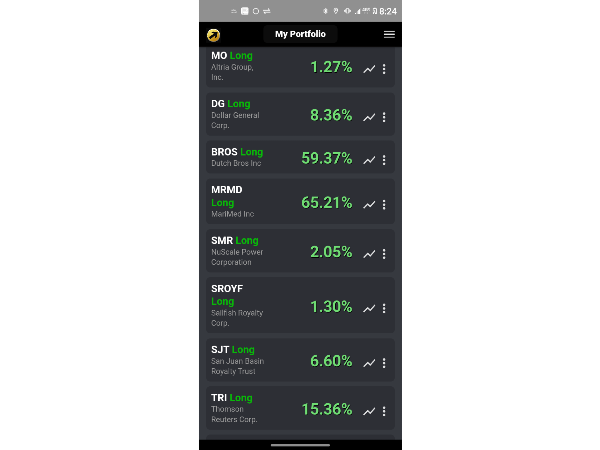
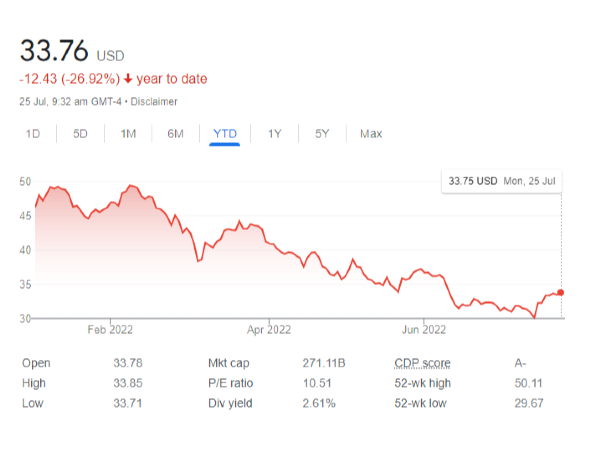
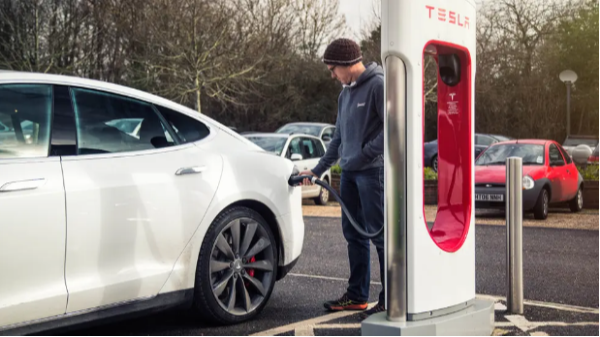
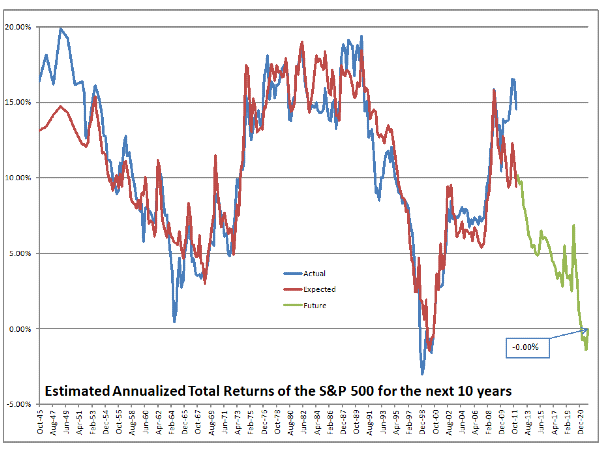
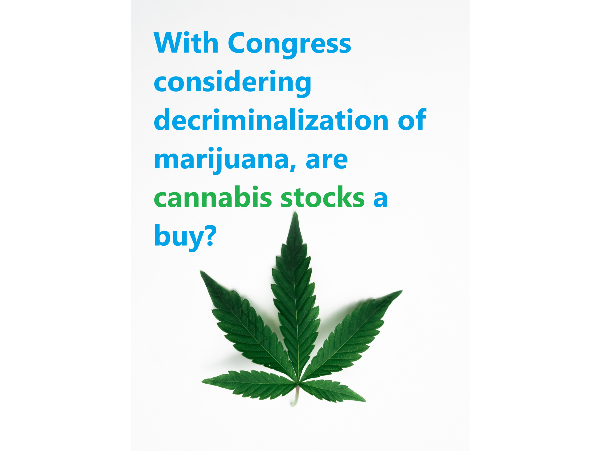








The collaborative or sharing economy is an emerging phenomenon that is shaping the cultural, economic and social landscape of the modern world. Applications of the sharing economy concept have found their way into various areas. For example, in finance, the collaborative economy means person-to-person banking and crowd-driven investment models that decentralise finance, with examples including peer-to-peer funding platforms like kickstarter.com and IndieGoGo. With variations of the concept of the sharing economy emerging in so many fields, the area of shared mobility – the shared use of a motor vehicle, bicycle, or other mode that enables travellers to gain short-term access to transportation modes on an on-demand basis – has developed as the forerunner of the transformation to be expected in other areas. Car sharing emerged in the 1950s when membership was primarily motivated by economics and it has since continued its worldwide growth. With car sharing, individuals gain the benefits of using private cars without the costs and responsibilities of car ownership. Thus, instead of owning one or more vehicles, a household accesses a fleet of vehicles on demand basis.
Zimbabwe, a major problem that has emerged in major cities is traffic congestion. Piggy notes that there has been a significant growth in the number of motor vehicles in Zimbabwe over the past years. The numbers have been boosted by an increase in the importation of second-hand vehicles, mainly from Japan, South Africa and UK. The increase in the number of vehicles has not only increased carbon emissions but has increased the demand for fuel (petrol and diesel). Another important factor is that many households in Zimbabwe are allocating a significantly large proportion of their income towards motor vehicle expenses (insurance, parking, fuel, maintenance and licensing expenses). There is need to explore different solutions earmarked at reducing congestion, carbon emissions and fuel imports. Carsharing models enable individuals to share trips to reduce costs and optimize collective travelling. Some cities in emerging markets such as Brazil are already making use of car sharing to curb congestion and air pollution. In North America, most cities have a transportation plan that focuses on sustainability and using environmentally friendly modes to reduce emissions.
Zip Cars in North America & Congestion on Zimbabwean Roads
Source: Mark & Associates Consulting Group
Carsharing is indeed part of a larger trend of shared mobility. Zipcar, for example, is one of the world’s leading car-sharing network. It is a subsidiary of Avis Budget Group with over a million people across 500+ cities and towns globally having access to over 12,000 Zipcars. Zipcar provides automobile reservations to its members, billable by the minute, hour or day; members may have to pay a monthly or annual membership fee in addition to car reservations charges. The main factors driving the growth of carsharing are the rising levels of congestion faced by city dwellers; shifting generational mindsets about car ownership; the increasing costs of personal vehicle ownership; and a convergence of business models. Generally, carsharing contributes to sustainable transport because it is a less car intensive means of urban transport. According to The Economist, carsharing can reduce car ownership at an estimated rate of one rental car replacing 15 owned vehicles. Overall, car-sharing presents a potential of sustainable urban mobility. However, city authorities in Zimbabwe need to be ready to support the sharing culture so that this alternative to car ownership is successful.
Another case of sharing economy that shapes the personal mobility space is ride sharing (or ride hailing – vehicle owners allowing other passengers to ride in the same vehicle to and from the same or similar destinations), with Uber being the most prominent example of a platform enabling peer-to-peer transactions. In Zimbabwe, EcoCash Holdings runs the Vaya ride-hailing service. Piggy maintains a strong view that Vaya has the potential to generate value when macroeconomic fundamentals in Zimbabwe improves. That said, new technologies and innovation remain the group’s major investment thesis and investors should be taking long term positions in the stock. Piggy rates EcoCash Holdings Long Term BUY. Get more tidbits on the stock market by joining a PiggyBankAdvisor WhatsApp Group (+263 78 358 4745).
Originally posted on PiggyBankAdvisor.com